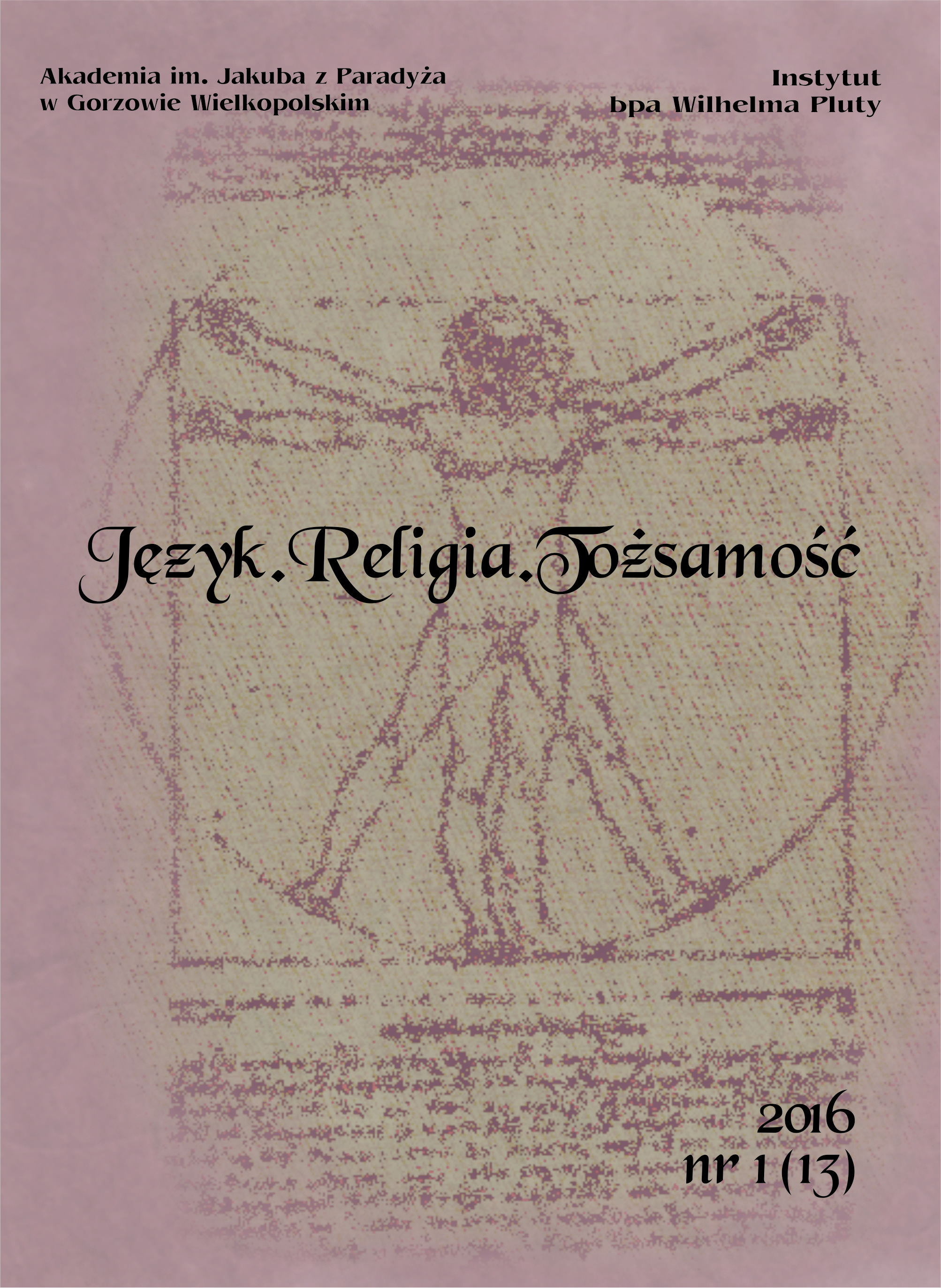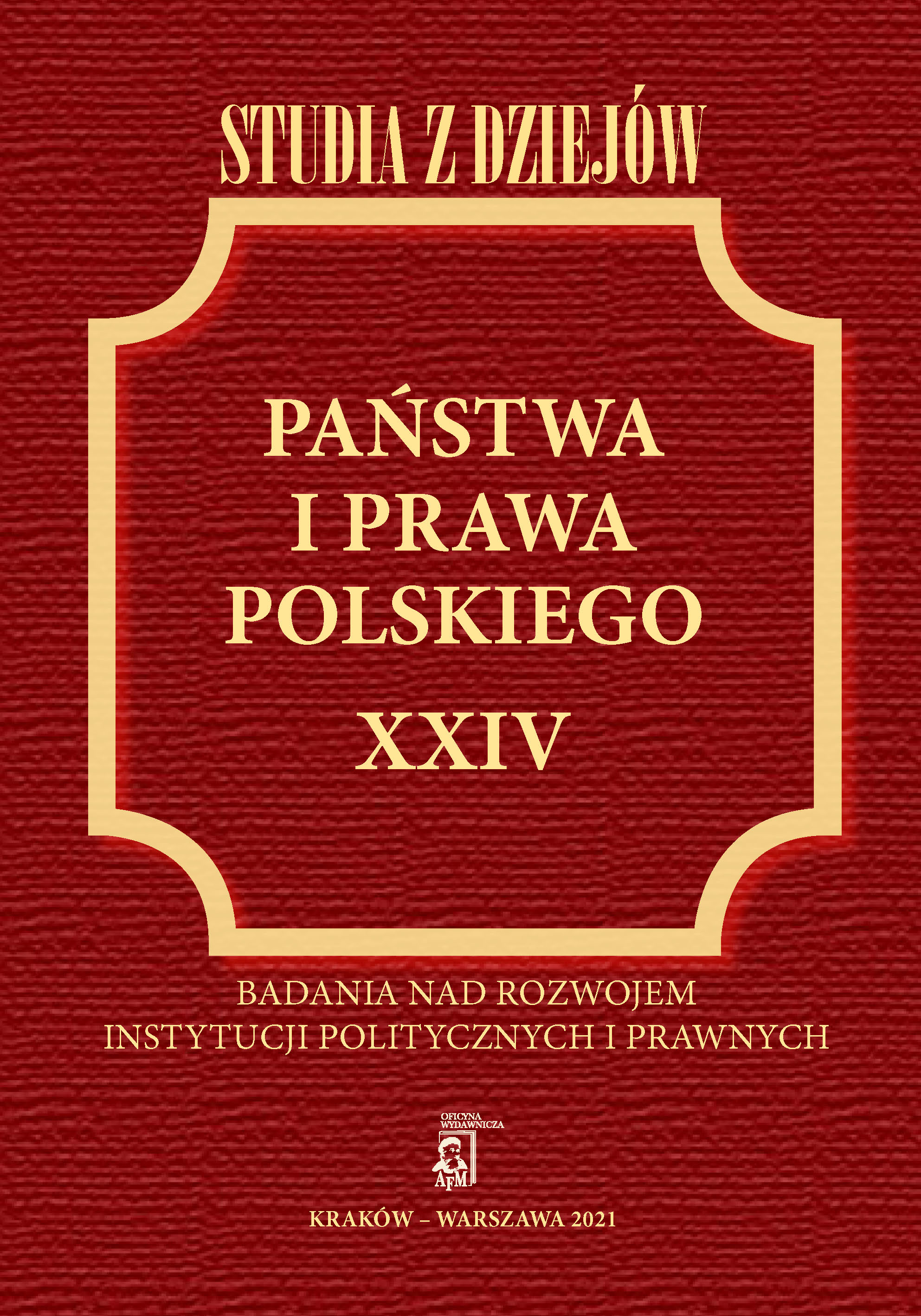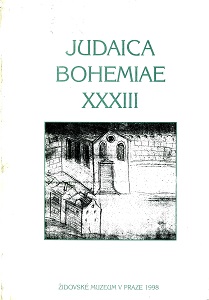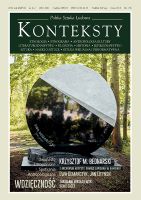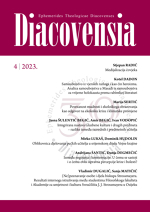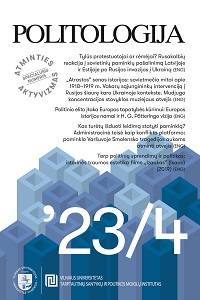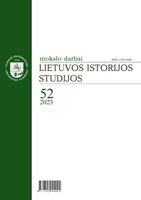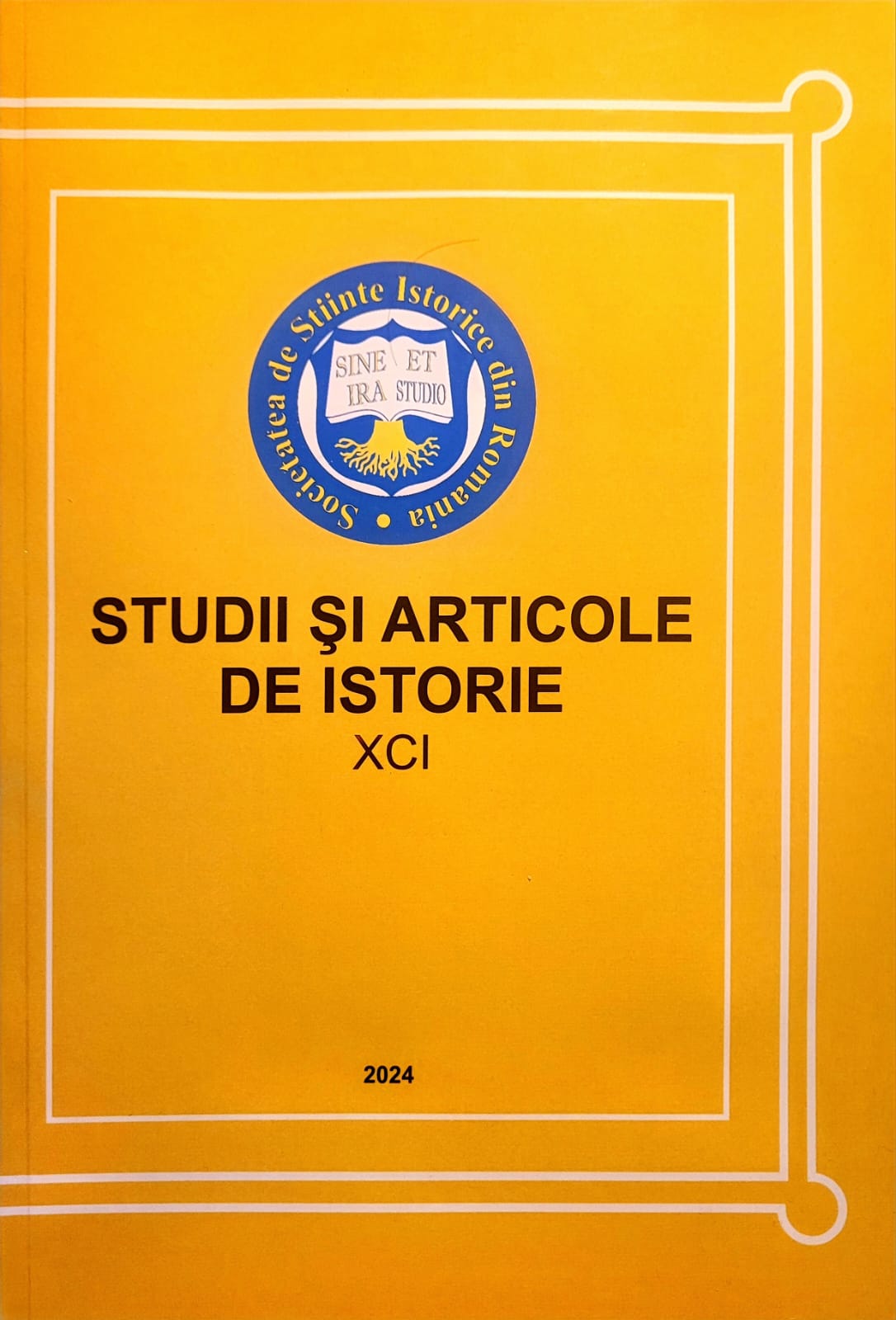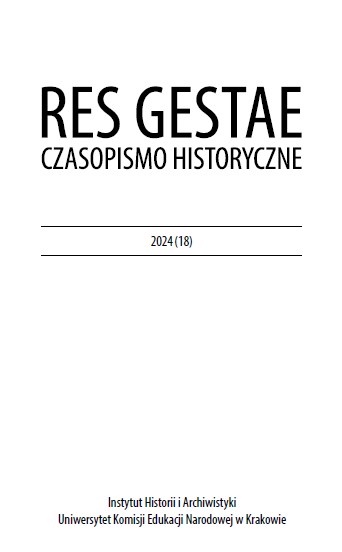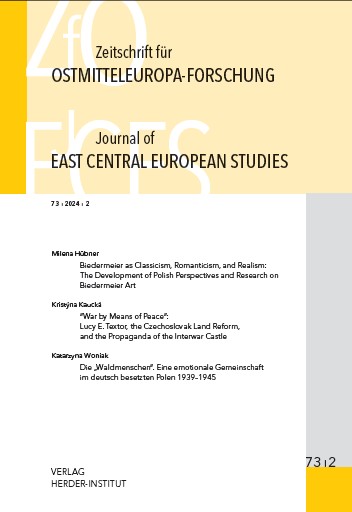Author(s): Lior Inbar / Language(s): Polish
Issue: 19/2023
The article is dedicated to the unique story of Kibbutz Lohamei Hagetaot, a communal community of Holocaust survivors. Their aim was to rebuild their life together side by side with a strong obligation to commemorate the near past. They established the Ghetto Fighters’ House, the first museum in the world for the heritage of the Holocaust and Jewish Resistance. The main thesis of the article arguing that it is impossible to understand and accurately assess the circumstances in which those Kibbutz and museum established without taking into consideration the centrality of the close personal relationship between Yitzhak Tabenkin, leader of the Hakibbutz Hameuchad movement with which the kibbutz was affiliated and a group of the kibbutz members, mainly Zivia Lubetkin and Yitzhak (Antek) Zuckerman, a married couple, who had been among the leaders of the Jewish Fighting Organization in the Warsaw Ghetto (Żydowska Organizacja Bojowa, or ŻOB). Those two were symbols of the movement’s heroic past. This relationship was beneficial for the kibbutz but periodically sparked internal discord between its members, revolving primarily around the continued financial commitment to maintaining the museum and to holding its annual memorial ceremony. In addition, the Hakibbutz Hameuchad movement adopted the Ghetto Uprising as a central ethos of its political and educational being. This ethos was not limited to a demand for the public recognition of formative rights from the past; it also served as a source of power in the present. One of the major banners waved by the movement was the complete repudiation of relations with West Germany. Furthermore, the activity of the Ghetto Fighters’ House served as an arena for a series of struggles against other initiatives to commemorate the memory of the Holocaust and the Uprising, first with Hashomer Hatzair movement and later with Yad Vashem. The intensity of these struggles stemmed directly from the Israeli political present. In summary, the first decade of Kibbutz Lohamei Hagetaot could be characterized as a constant arena of struggle, both with internal and external levels. The kibbutz’s economic hardship during the years in question, on the one hand, and the commitment to the movement commemoration agenda, on the other hand, also affected the social situation of the Kibbutz. As a result of the thawing relations with West Germany, Hakibbutz Hameuchad proceeded under a banner of complete repudiation and a group of members of the Kibbutz positioned themselves at the forefront of the struggle: initially because they had answered the call of the movement, and later as a pressure group and a voice of conscience on the issue. The major reason for the change was the fact that although the struggle helped bolster the movement’s glorious past, it weakened its political present. In other words, commemoration became a success story: The museum, and the widely attended memorial ceremonies, despite the tensions with Hashomer Hatzair and Yad Vashem. Whereas electoral failure weakened the influence of Ahdut Ha’avoda (The political party of Hakibbutz Hameuchad) and pushed it onto the sidelines of changing Israeli society.
More...
